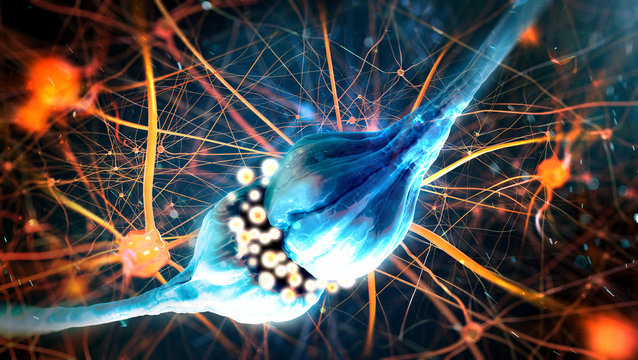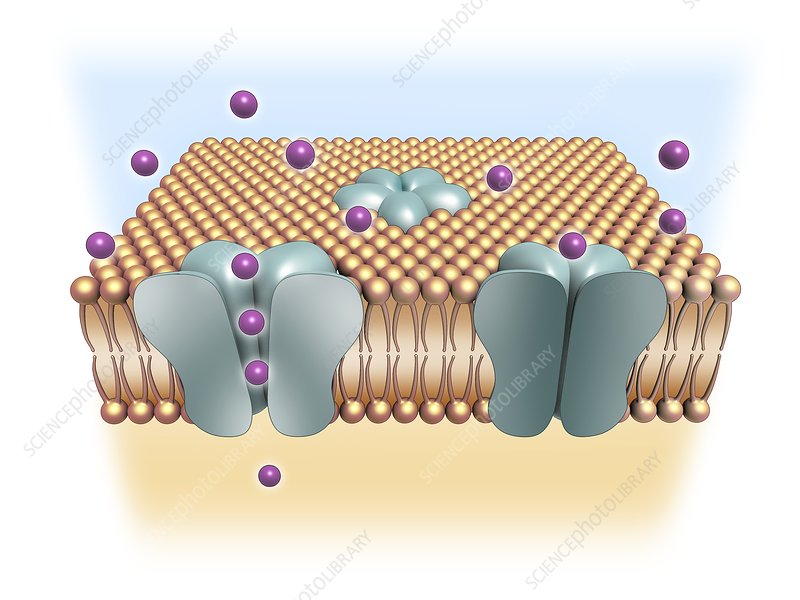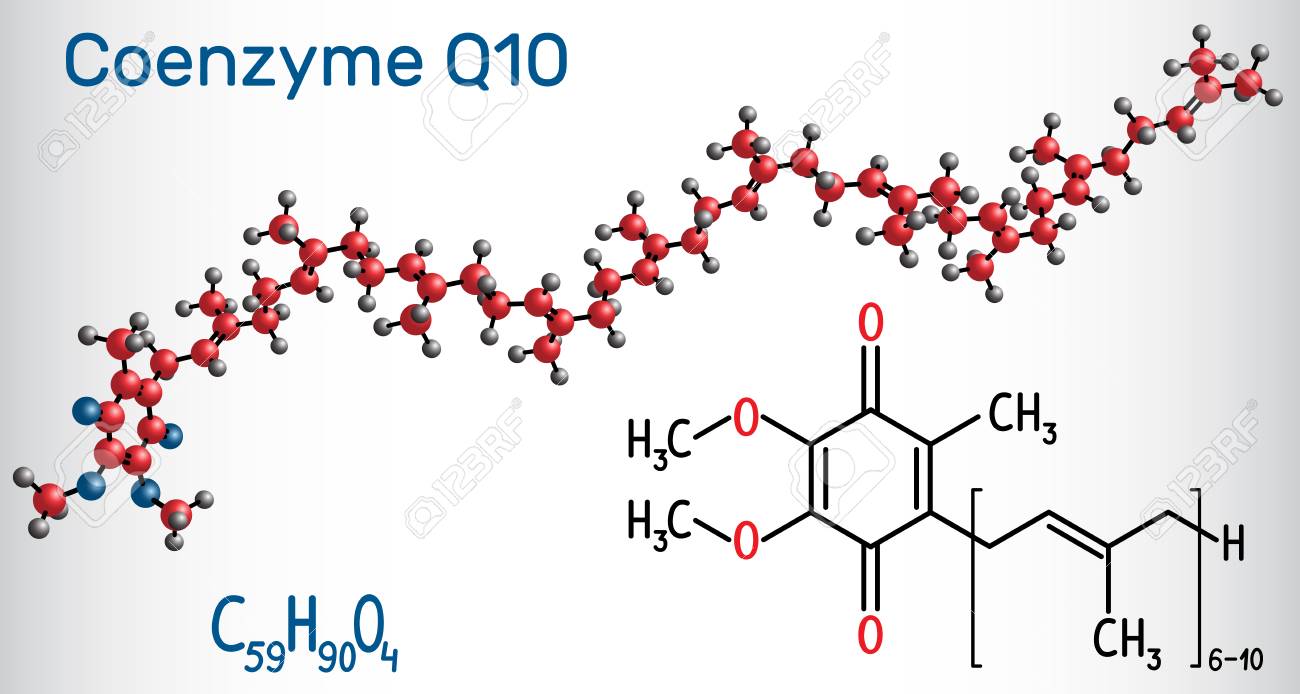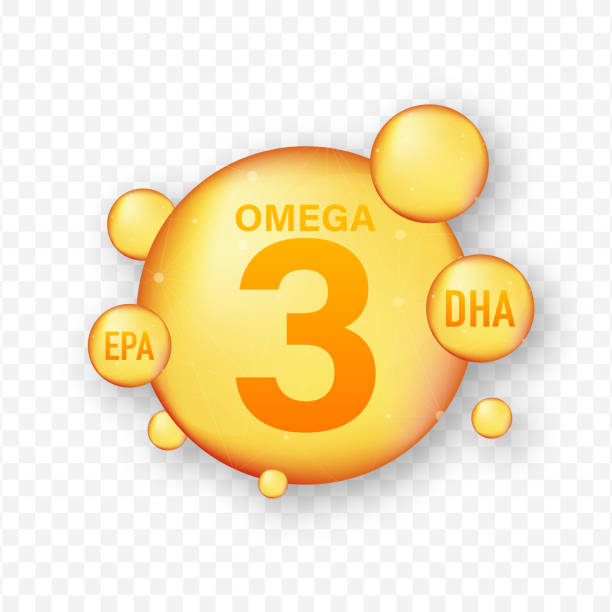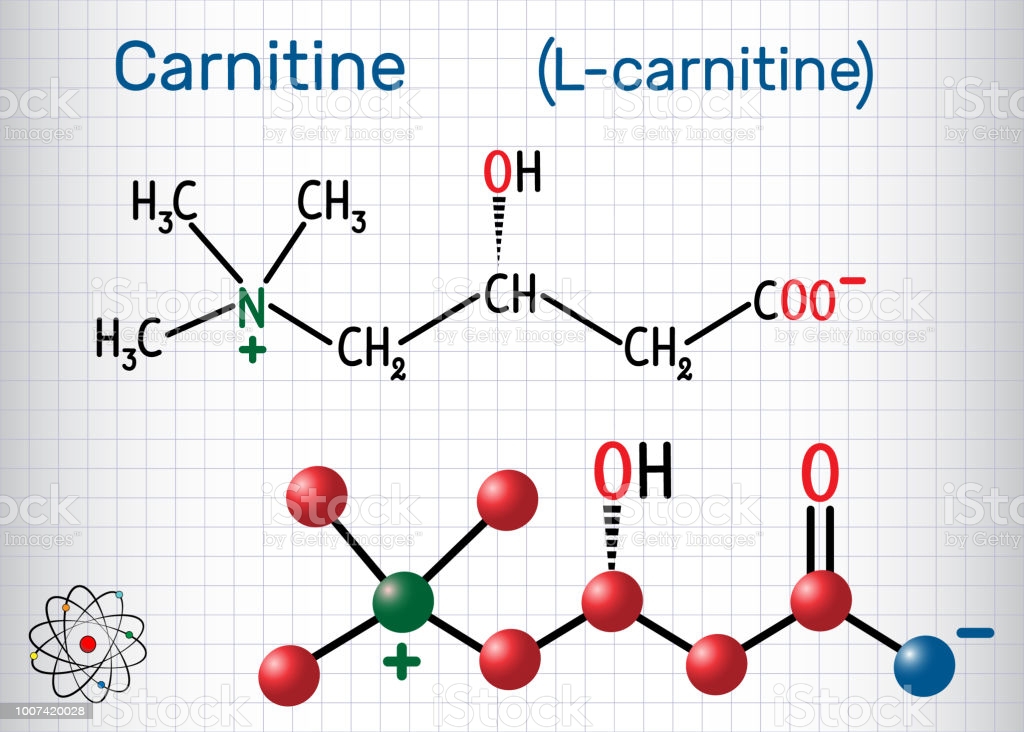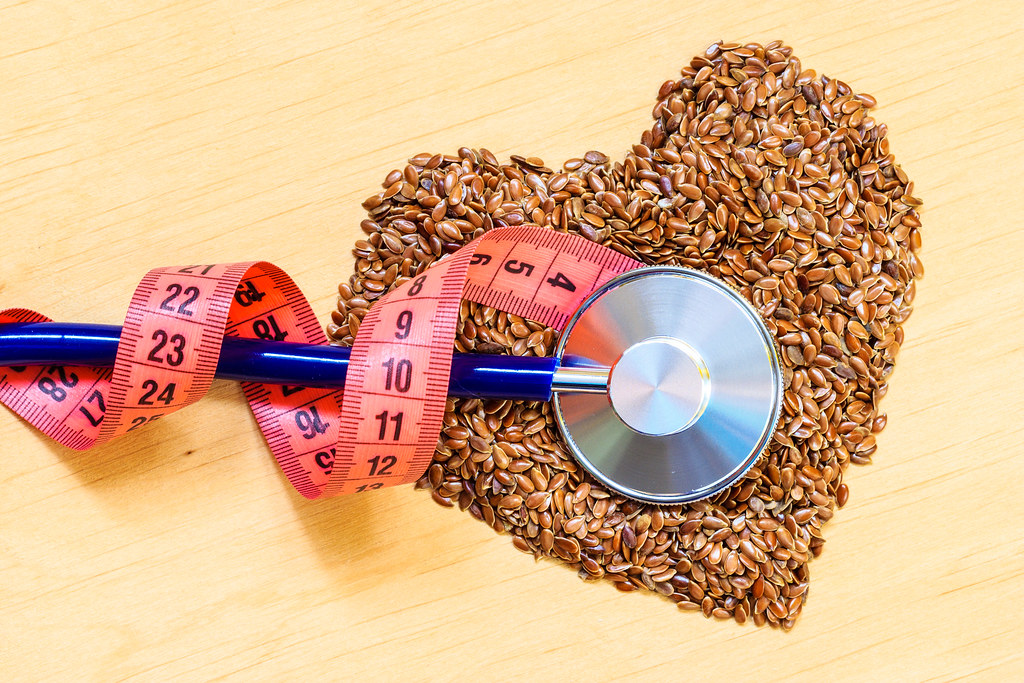One of the oldest type of bacteria that is known to people is Spirulina: a single cell organism with a spiral physical configuration that comes from the blue green freshwater algae called cyanobacteria.

In the modern world it’s used as a potent supliment and NASA proposed for it to be grown in space as food of astronauts. In the past, Aztecs used it for endurance in their marathon runs and treat various disease.
Just like plants, cyanobacteria can produce energy from sunlight via a process called photosynthesis, the effects of which give spirulina it’s unique properties. Spirulina contains a high amount of micronutrients (B1, B2, B3, Copper, Iron etc) and the full spectrum of essential aminoacids; this is why it is considered a complete protein.
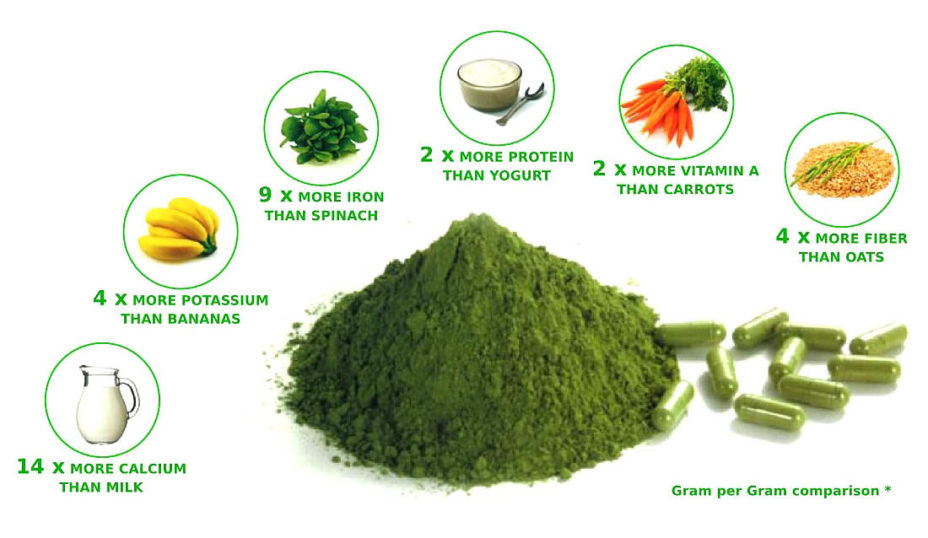
Spirulina contains antioxidants called phycocyaninis and chlorophyll that gives the algae it’s blue-green colour and can protect against oxidative damage by neutralising the effect of the free radicals.
In a study published in Pubmed, spirulina was shown to help participants with type 2 diabetes to lower their level of LDL cholesterol while raising the (“good”) HDL cholesterol. On top of that, the antioxidants in spirulina help reduce the lipid peroxidation of LDL cholesterol, and thus protect against heart attack.

This superfood may have anti-cancer properties, according to several studies on patients with oral cancer, may reduce blood pressure if consumed in doses of 4.5 grams and ease allergic rhinitis with just 2 grams a day.
The algae even helps with human biochemistry. In a study of 40 older people with a history of anemia, spirulina supplements were shown to increase the hemoglobin content of red blood cells and improve immune function.
Finally, antioxidants in spirulina can be the solution to reduce exercise-induced oxidative damage, which is a major contributor to muscle fatigue. So spirulina is not only extra healthy, but can also contribute to a better lifestyle.
And don’t forget: if you want to become an astronaut, you can get your spirulina from our Waterworld, savory super meal smoothie.
#NutriFix #FixingNutrition #smarteating #optimizeyourhealth #healthyfood
~Corina


